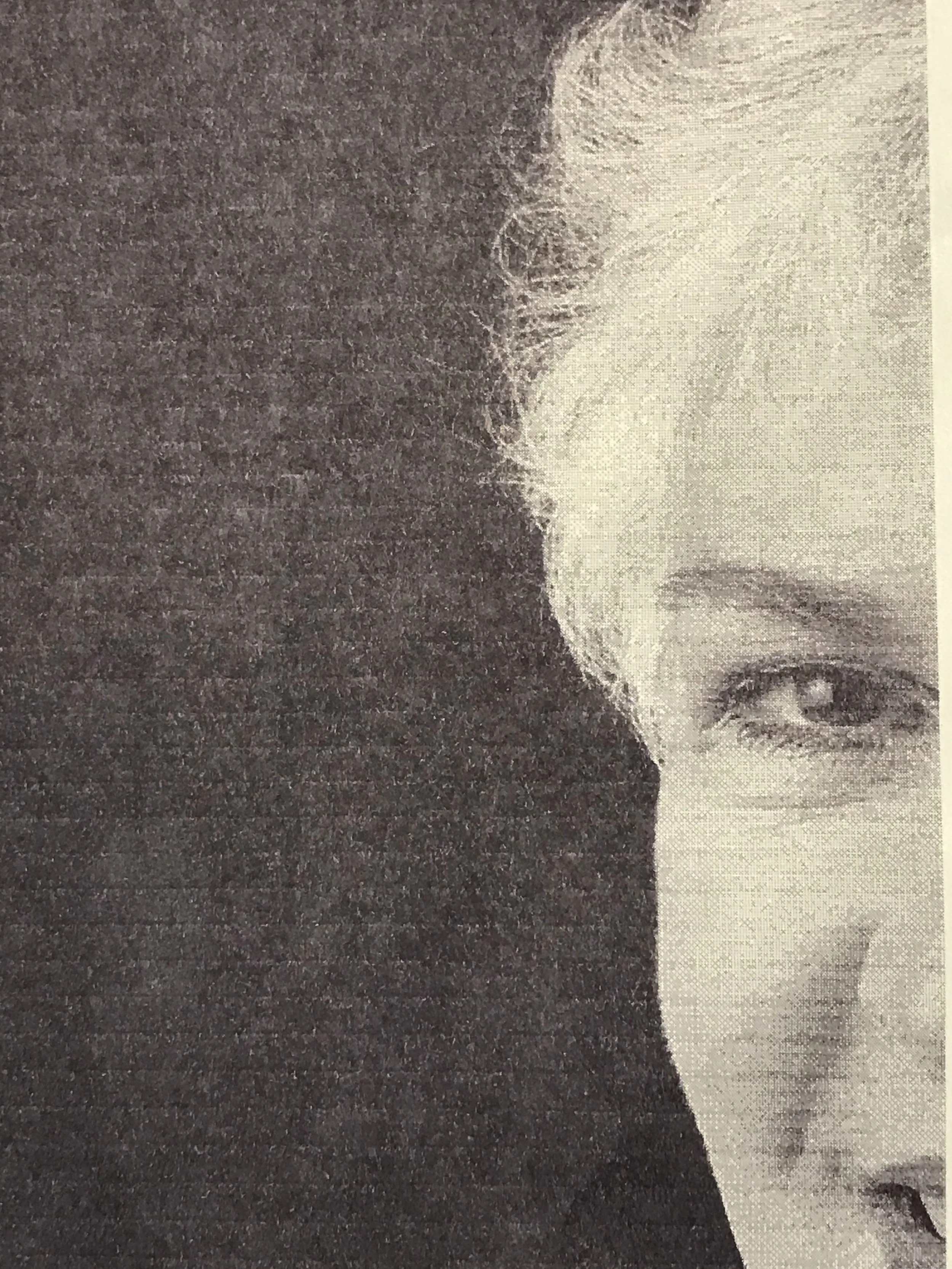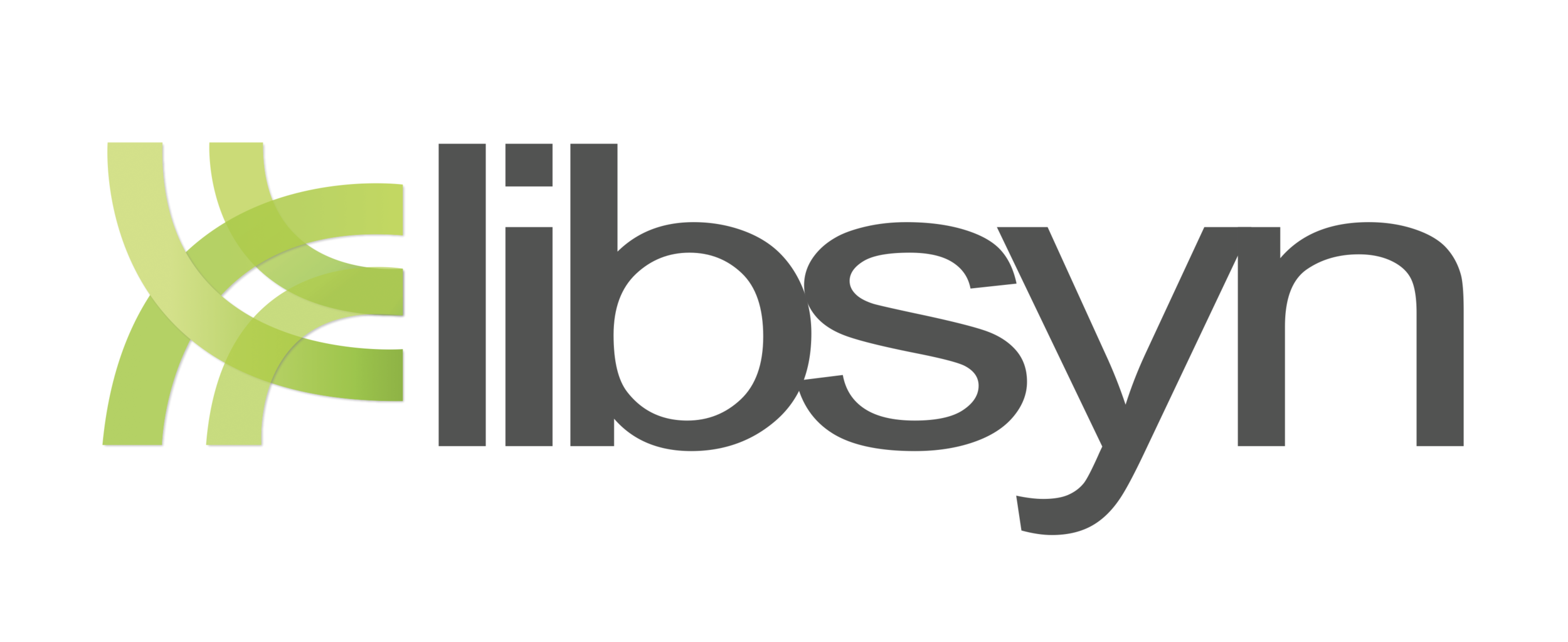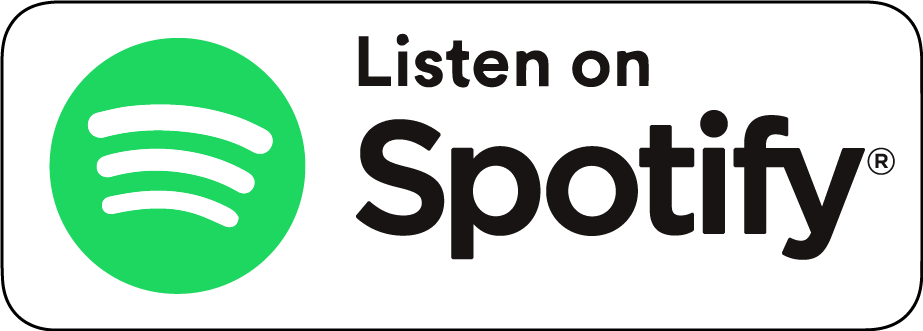Please reach out if you have a question that isn’t answered on our website or if you’d just like to talk to a human. Click below to connect.
Insight at Work podcast

On this podcast I talk with people from diverse fields of work and explore the insights and breakthroughs that have changed the way they work, and sometimes, even transformed the way they live their lives.
Along the way, we’ll delve into topics like big-hearted leadership, mentoring & coaching, conversational intelligence, and how to create a more human workplace. And generally, how to make work, and life, more productive, engaging and rewarding.
Latest Episodes:

Insight at Work host Ken Blackwell
Featured
They say it’s a wise person that learns from their own mistakes and it’s an even wiser person who is able to learn from the mistakes of others. Of course, all of this wisdom comes easier if you have someone willing to share the mistakes they’ve made and what they’ve learned from them.
Today’s guest, Ed Rigsbee, is going to do just that: share the wisdom he’s gained over a nearly 4 decade long career.
For many years now, Ed has been amassing many universal truths about business and life and he’s collected these bits of wisdom into a project he’s calling Life’s Little Blue Playbook.
Ed’s going to share some those hard earned lessons with us today, including:
· That there’s something more important to success than being right
· How to get the best (and avoid the worst) from your people
· The value of Relationship Bank Deposits
· What he learned at the Sunglasses display at the Park Pharmacy in Paso Robles, CA
· And we end with the 3 great words that will change your life.
I speak with friend and colleague Anne Archer about her most recent work in the mental health field and keys to maintaining mental health, including:
· The necessity of understanding the whorel person and the interrelatedness of mental, emotional and physical health
· How we can use the 5 Fundamental Building Blocks of Mental Health to maintain a healthy mental state.
· How to manage the drains and negative impacts that can reduce our mental health capacity
· The impact of COVID and working virtually over the long term
· As well as the power of listening in being able to help others with their mental health and wellness.
Anne has a lot of really valuable insights that can help you, a co-worker or perhaps someone you love and I’m excited for her to be able to share them with you today.
There are many beliefs about the brain that we commonly believe are true, when in fact they’re not. What are we talking about here? You know things like:
There are left-brained and right-brained people.
The brain works just like a computer.
The belief that we only use 10% of our brains.
And, a favorite of mine, and apparently of Jess’ students - the myth that drinking alcohol can kill brain cells.
Jess and I sat down to discuss these brain myths and others and to get into some of the science that underlies these fallacies and if there are parts of them that might in fact be a little bit true.
Bias. You may think you’re immune to it - but you’re not. We all have biases and they come from a multitude of sources which accumulate over the course of our lives. These biases impact how each of us view the world, our decision making processes and how we interact with others. The impact of bias is felt everywhere - in the workplace, the classroom, and in our larger society. Unfortunately, we’re often unaware of our biases, hence the term “unconscious bias”.
But what can we do about unconscious bias - after all, it’s unconscious, right? On the surface it might seem hopeless but luckily, there are strategies to manage unconscious bias and its impacts. To explore the options and opportunities, I asked an expert in unconscious bias to join us on today’s podcast.
Even for experienced job-seekers the process of recruiting, and what recruiters actually do, can be a mystery. One that can often lead to confusion, anxiety and unmet expectations. To provide some clarity and guidance, I spoke with experienced recruiter Ed Han about what recruiters actually do, how job requirements come together and some tips for job-seekers to improve their chances of landing the job.
It can be hard to make tough decisions even in the best of circumstances. It’s even more challenging in times of crisis when you or a loved one are suffering with a chronic or potentially life-threatening illness or injury. It can be overwhelming and it’s easy to feel lost. It's the job of hospital chaplains to support patients and family members in navigating these trying times and helping them make what can be some of the most difficult decisions they will ever face.
So you might ask: “Where does a coach go when they need coaching?” The answer is to go to another coach: one they trust, one who has wisdom, and one who can help them see things from different perspectives. But most importantly, one who can foster the insights that can help solve the dilemmas they’re confronting.
In my case, that person is Linda Sepe. She’s has been a dependable and wise source of counsel and clarity for nearly 30 years. She’s helped me navigate my way through some tough and challenging times, keeping me both focused and grounded. She does so with a strength and purpose that is always bounded by both hope and humor.
Today Linda and I explore the nature of insight, how to get it, how to validate it, and what to do with it once you’ve got it.
Employee engagement is always a challenge.
The most recent Gallup survey shows 34% of US workers are engaged, tying the highest results in the survey’s history. While “actively disengaged” is down to 13%, a new low, it still means 66% of US workers are not engaged. We know engagement is highly correlated with positive business outcomes so even though the numbers are up, there’s still a lot of work to be done.
To explore the topic of engagement, I invited a professional colleague of mine, Rich McLaughlin, to join us on the podcast.
Let’s say you have some questions on mentoring: What if you could ask a football player, a wrestler, a coach, a ship captain, a teacher, a physics historian, a published author, a person who lost most of their eyesight, a cancer survivor, and a director on several nonprofit boards, for their perspectives. You’d have a rich and diverse collection of opinions and advice, but getting a hold of all those people might be a bit difficult.
Networking, done right, can help you build a successful career. But done wrong, networking can derail it. Learn the do’s and don’ts of networking from master networker Jerome Laday.





















